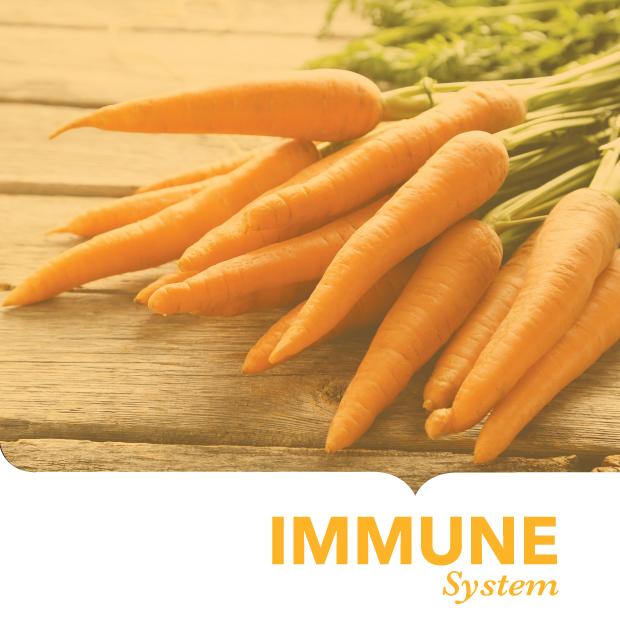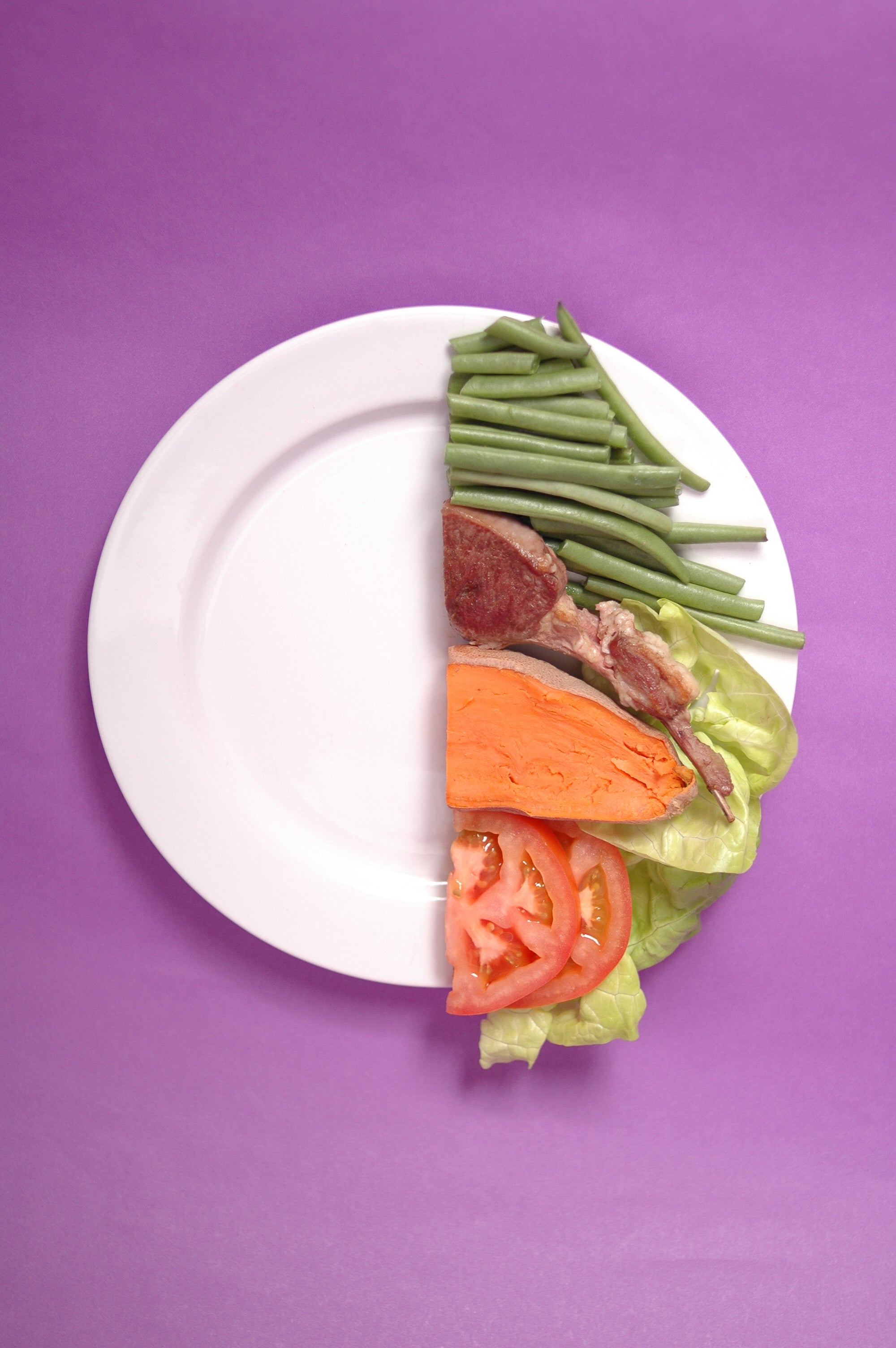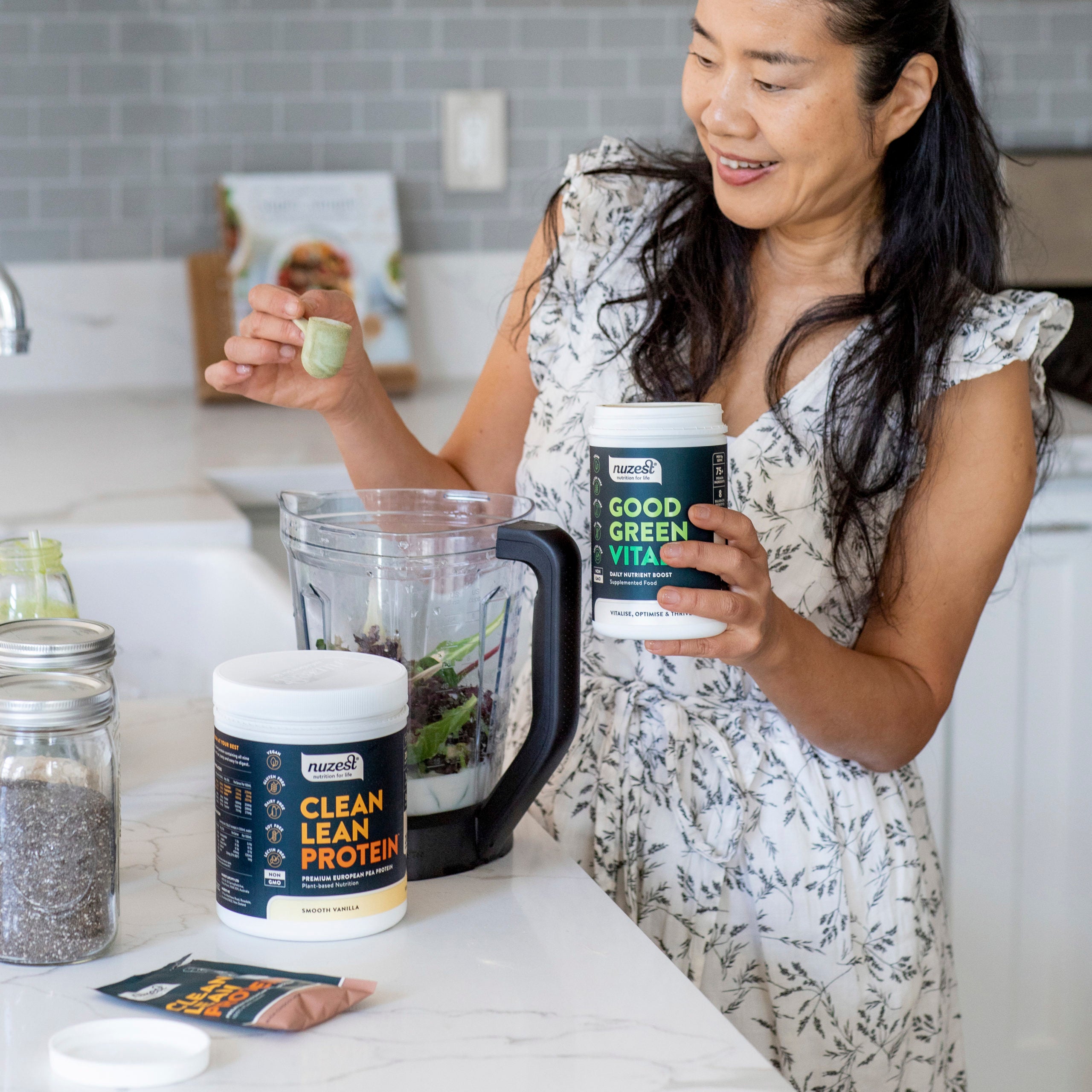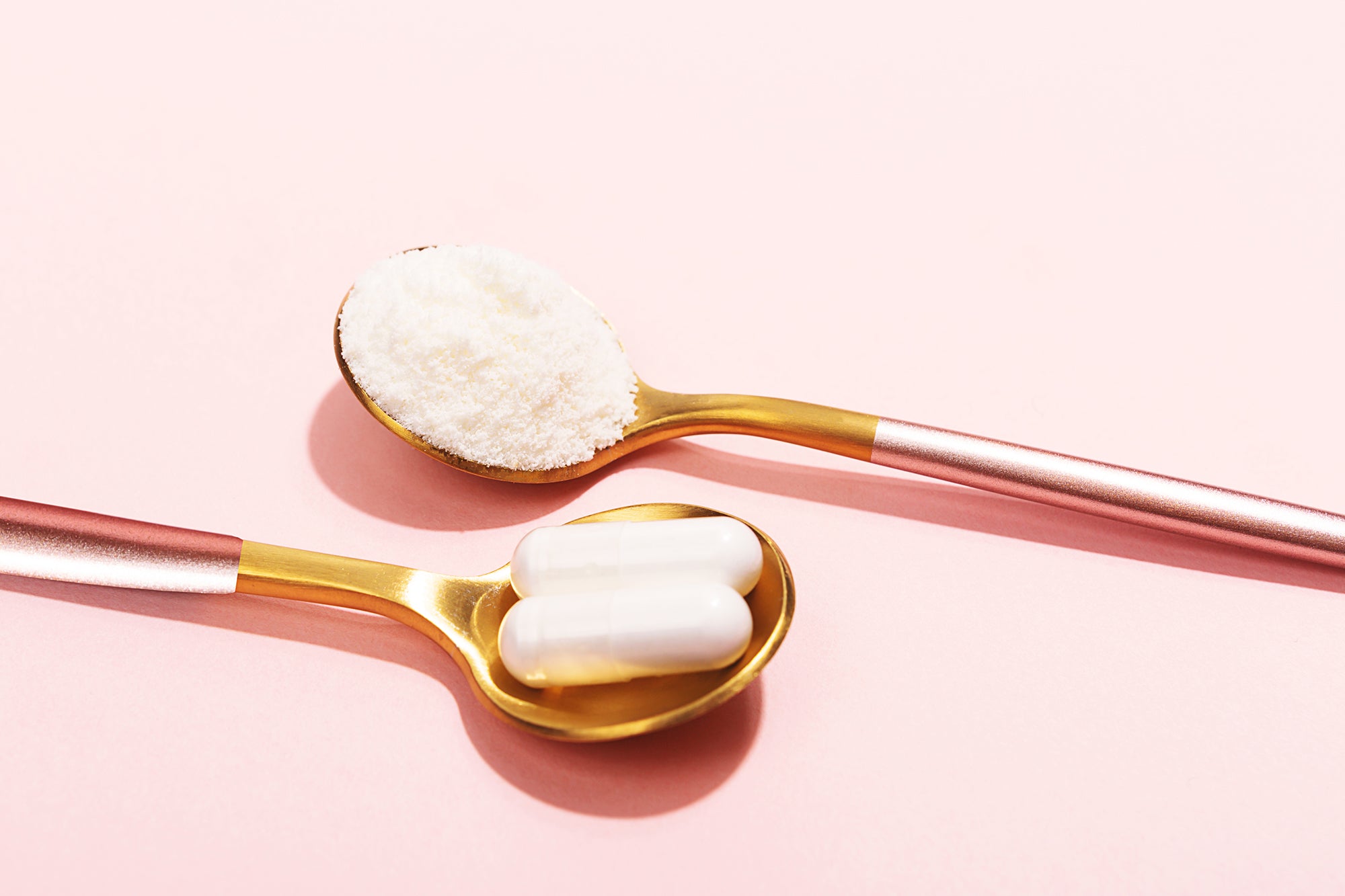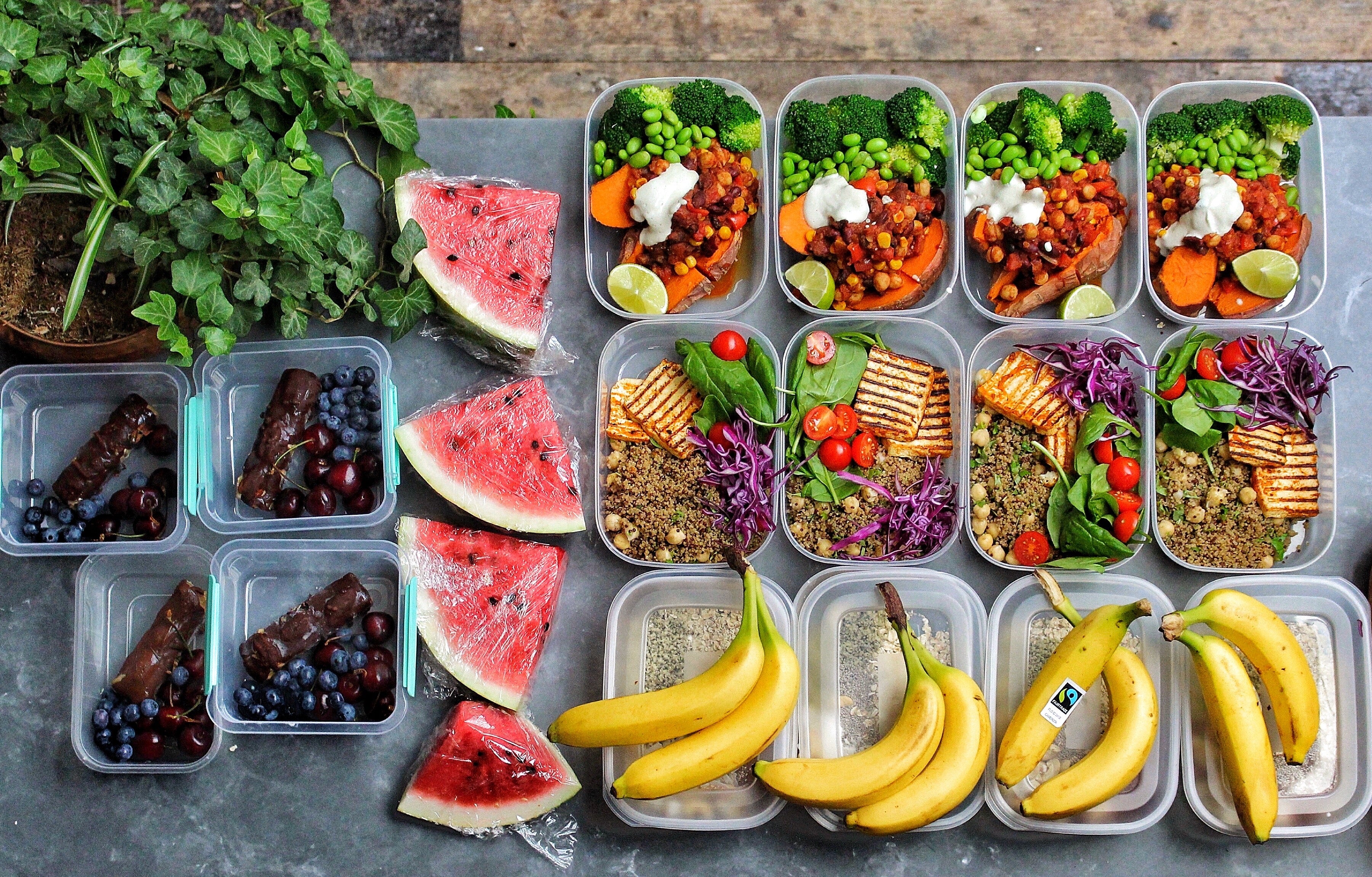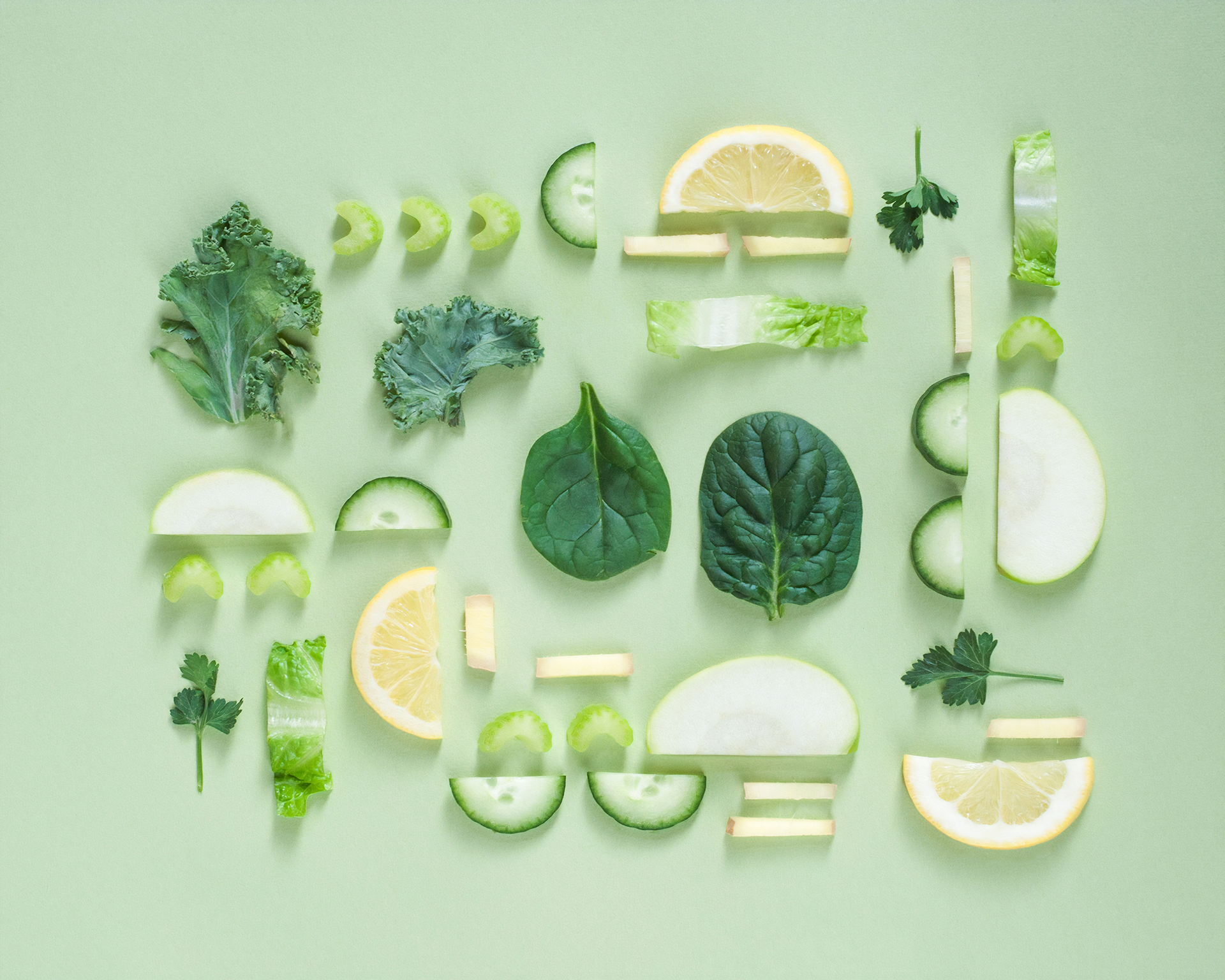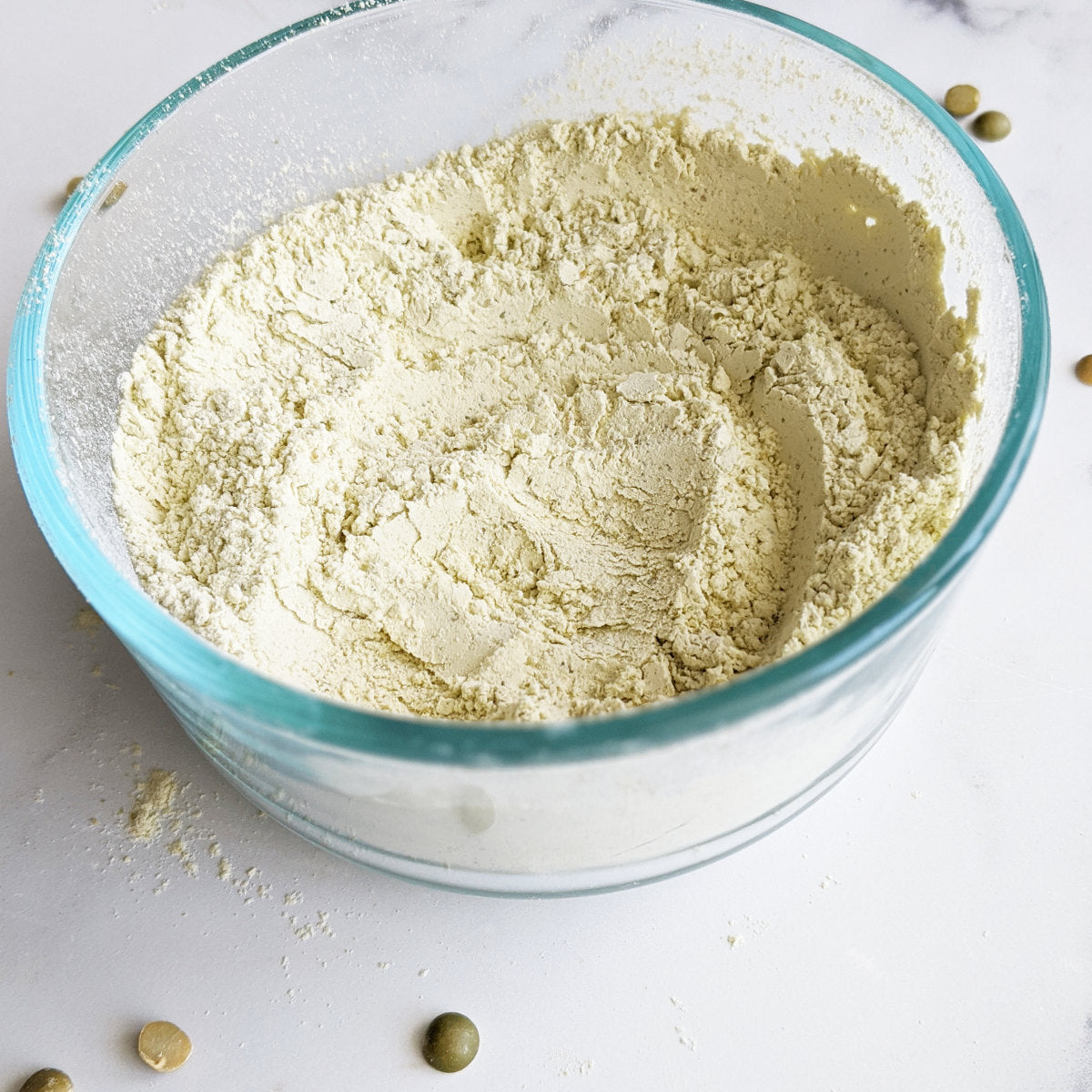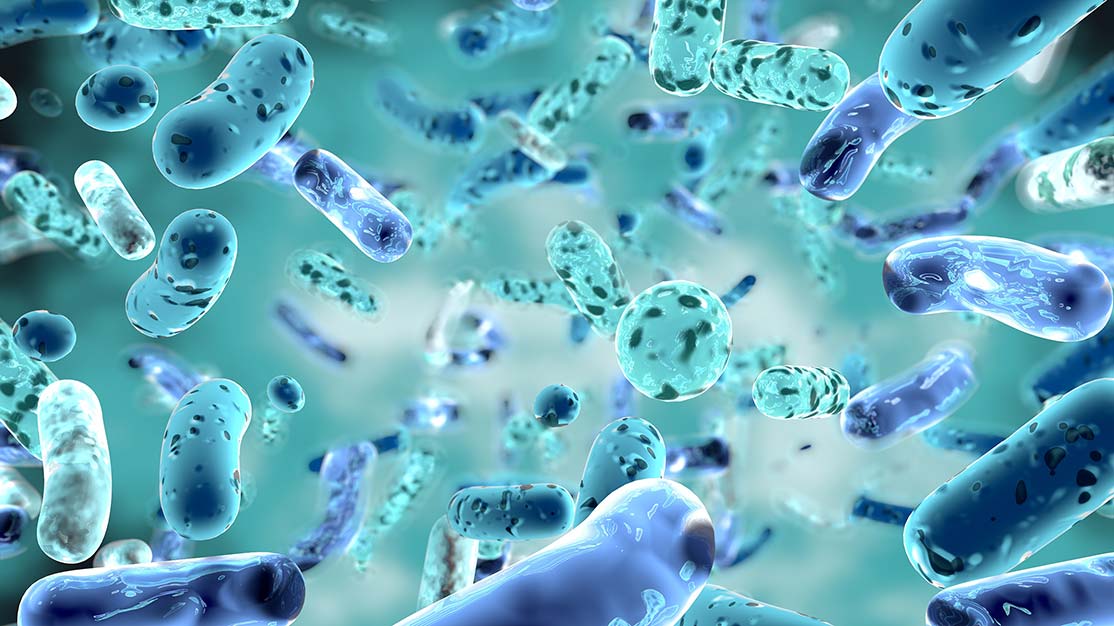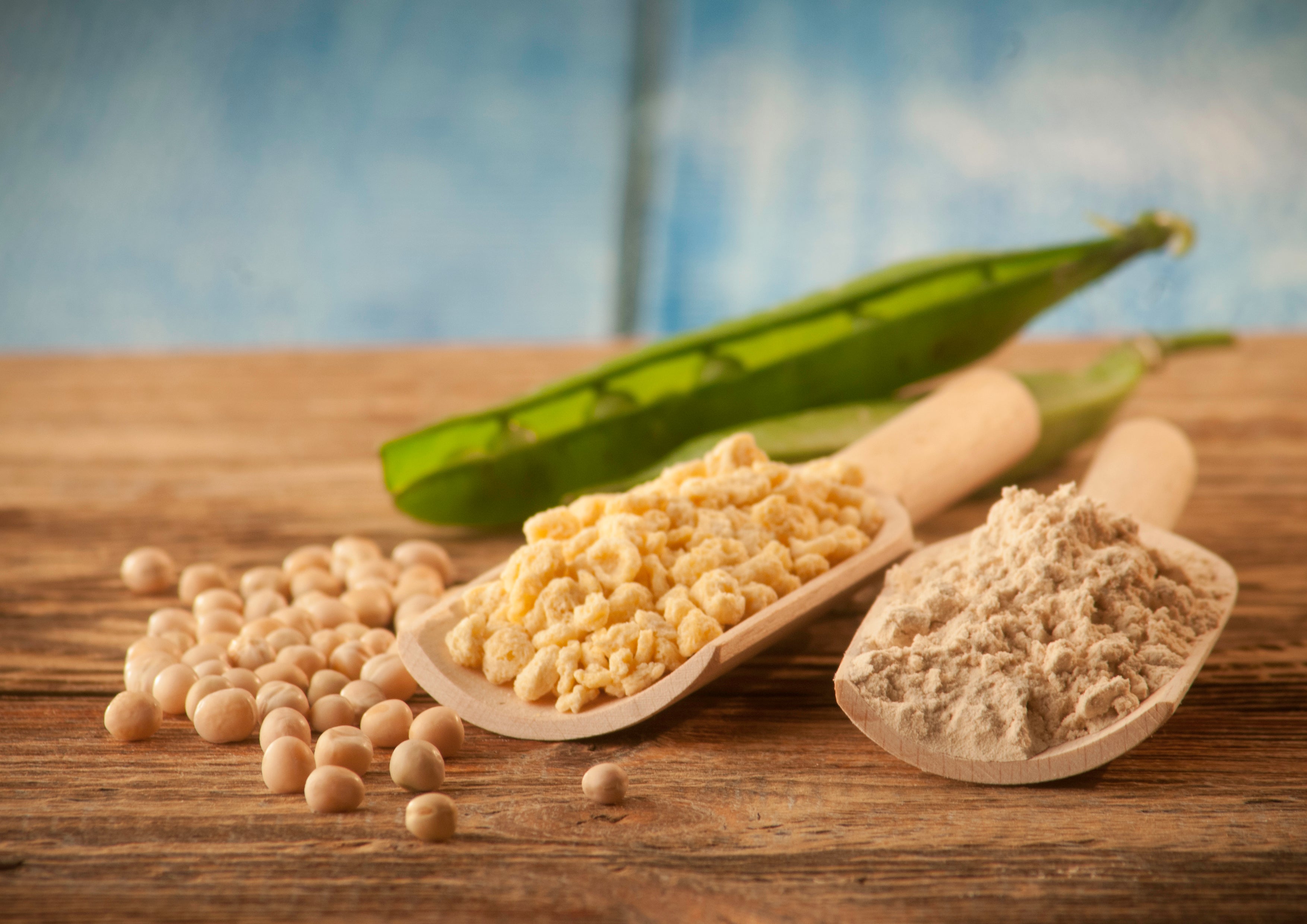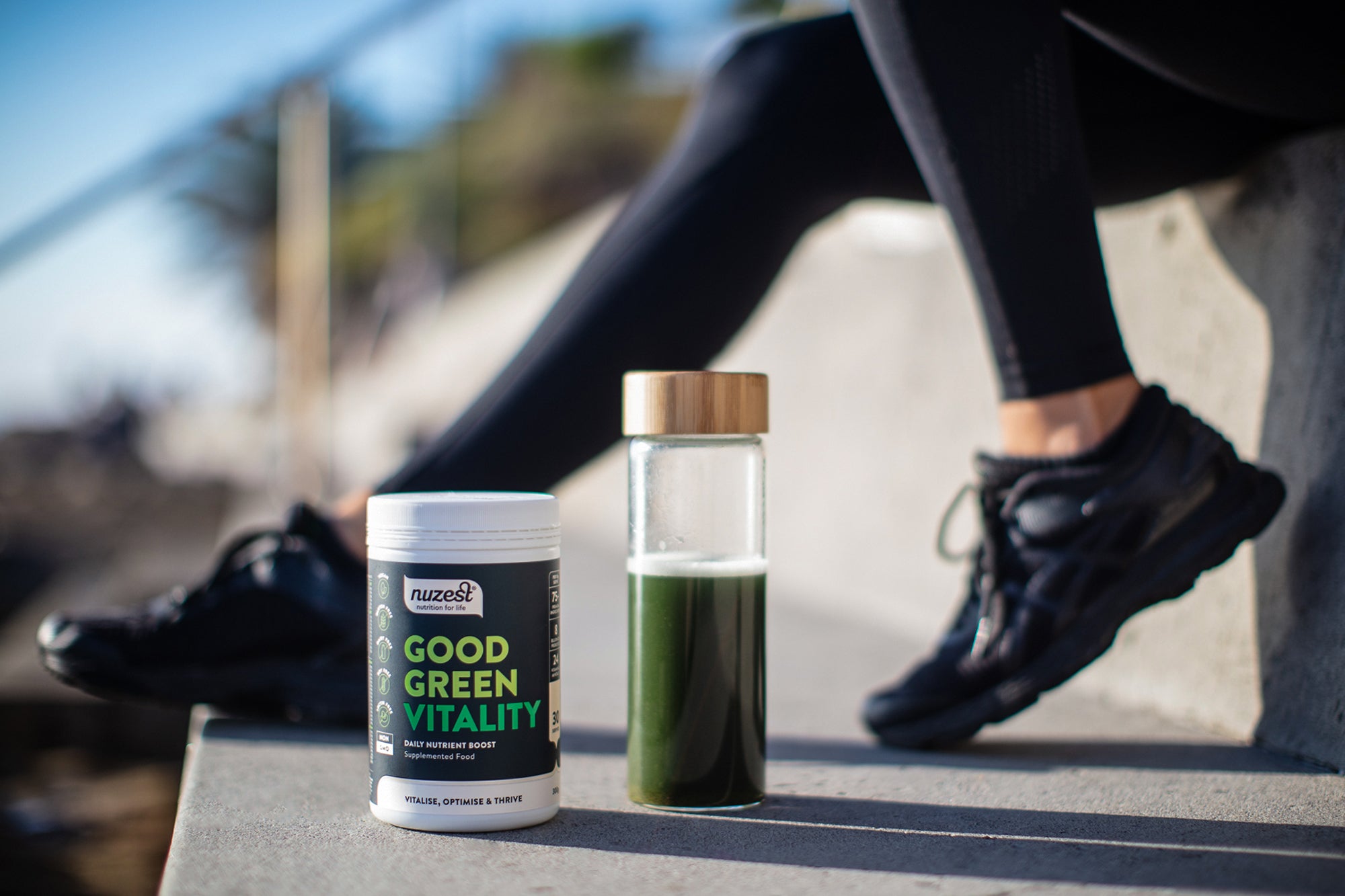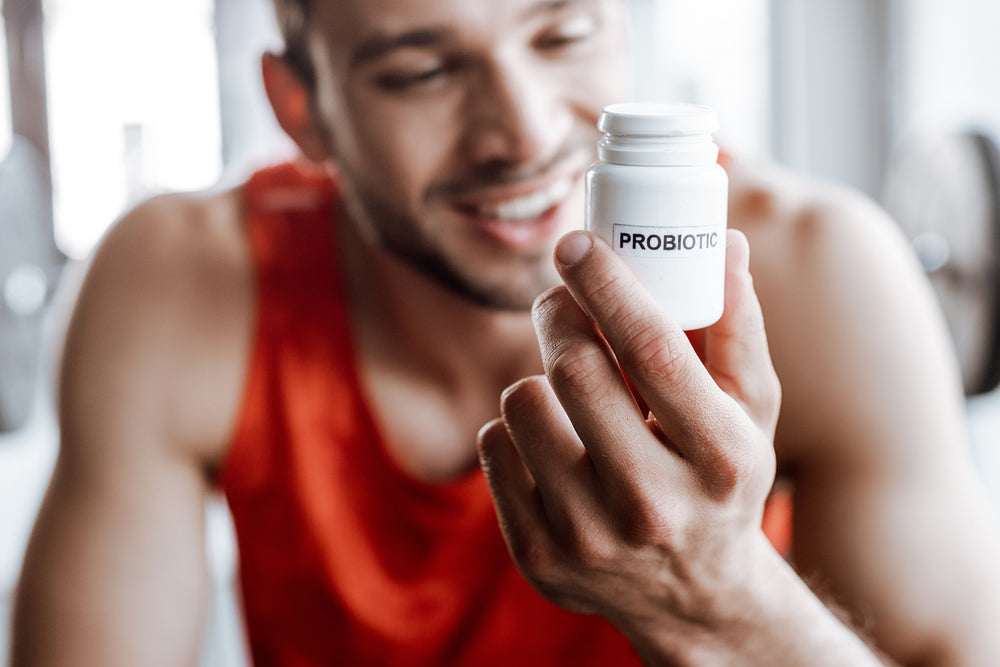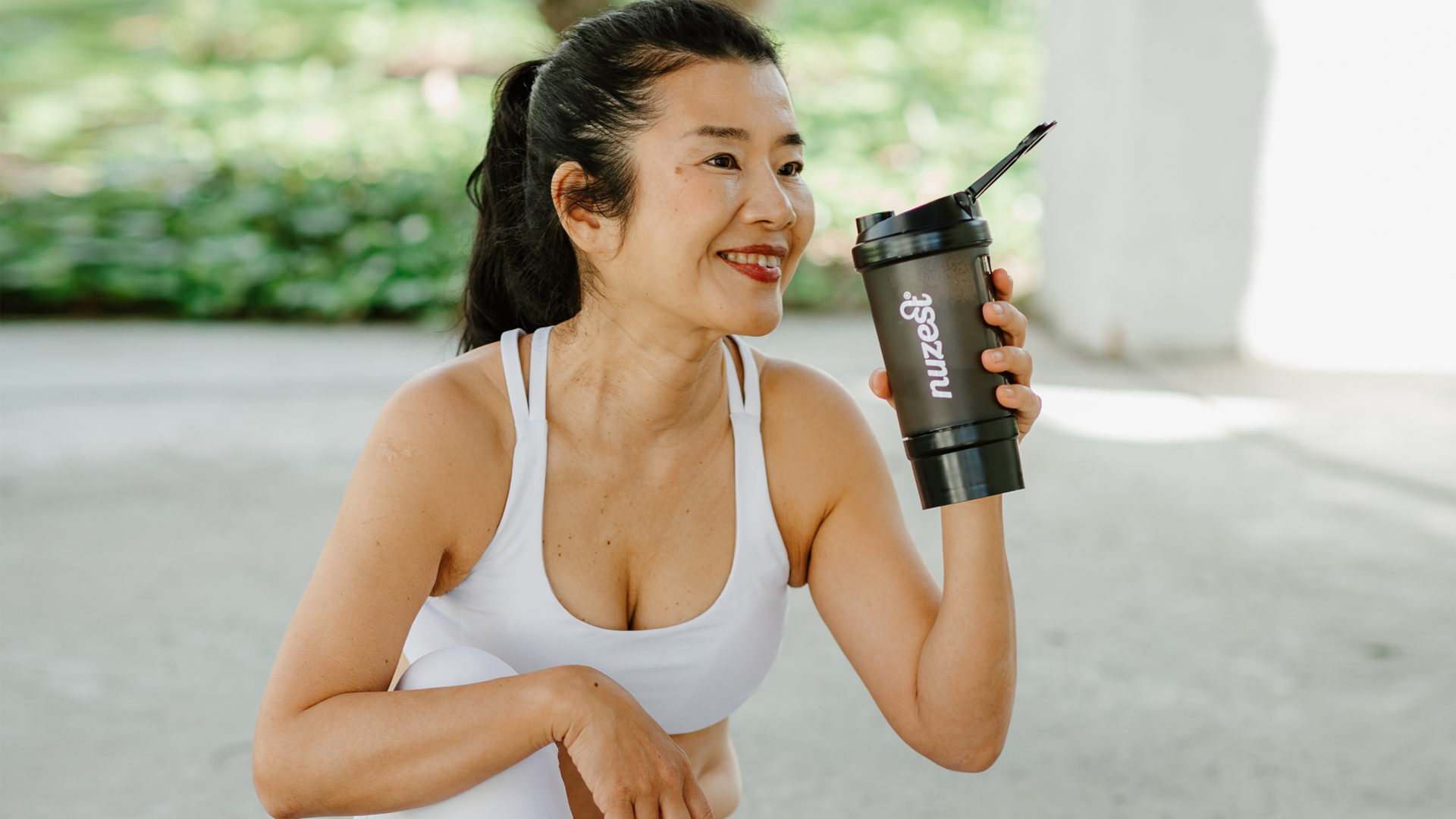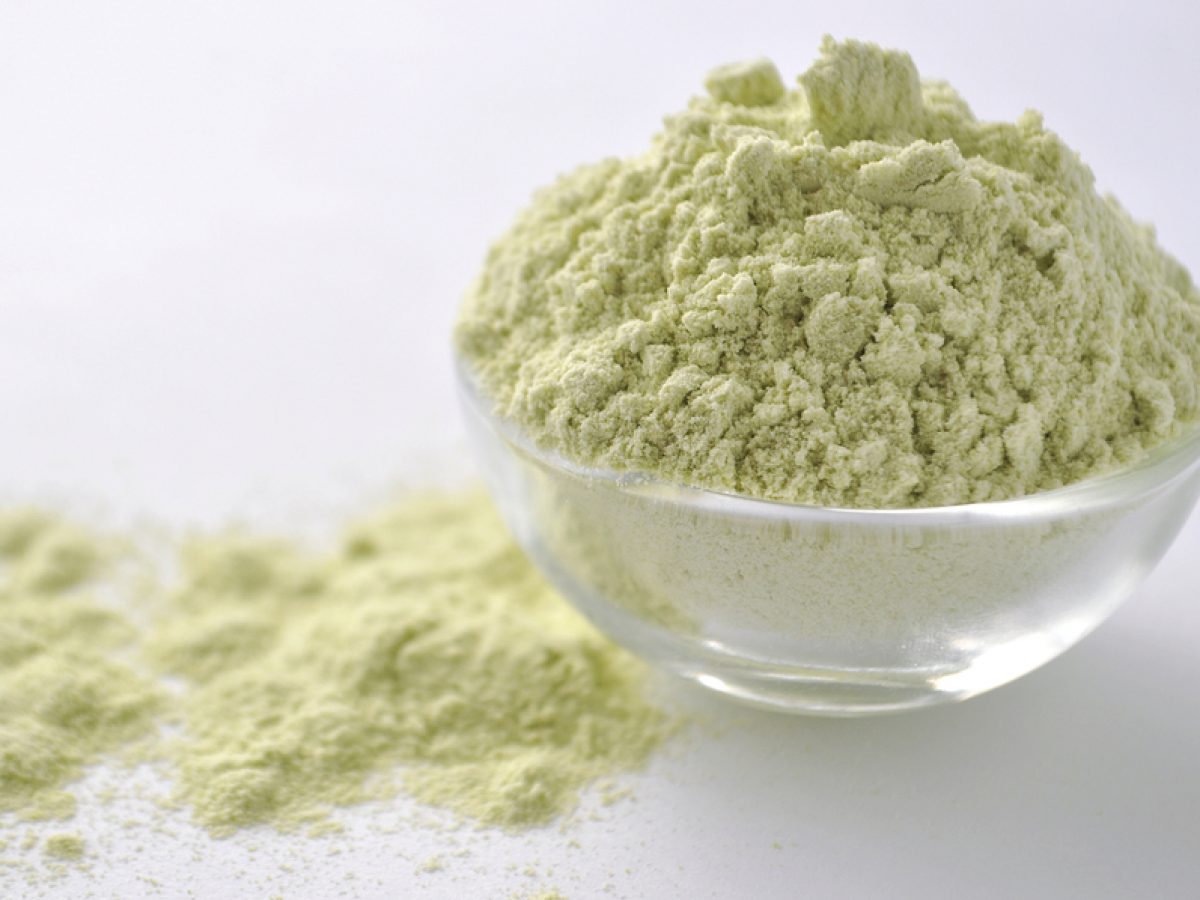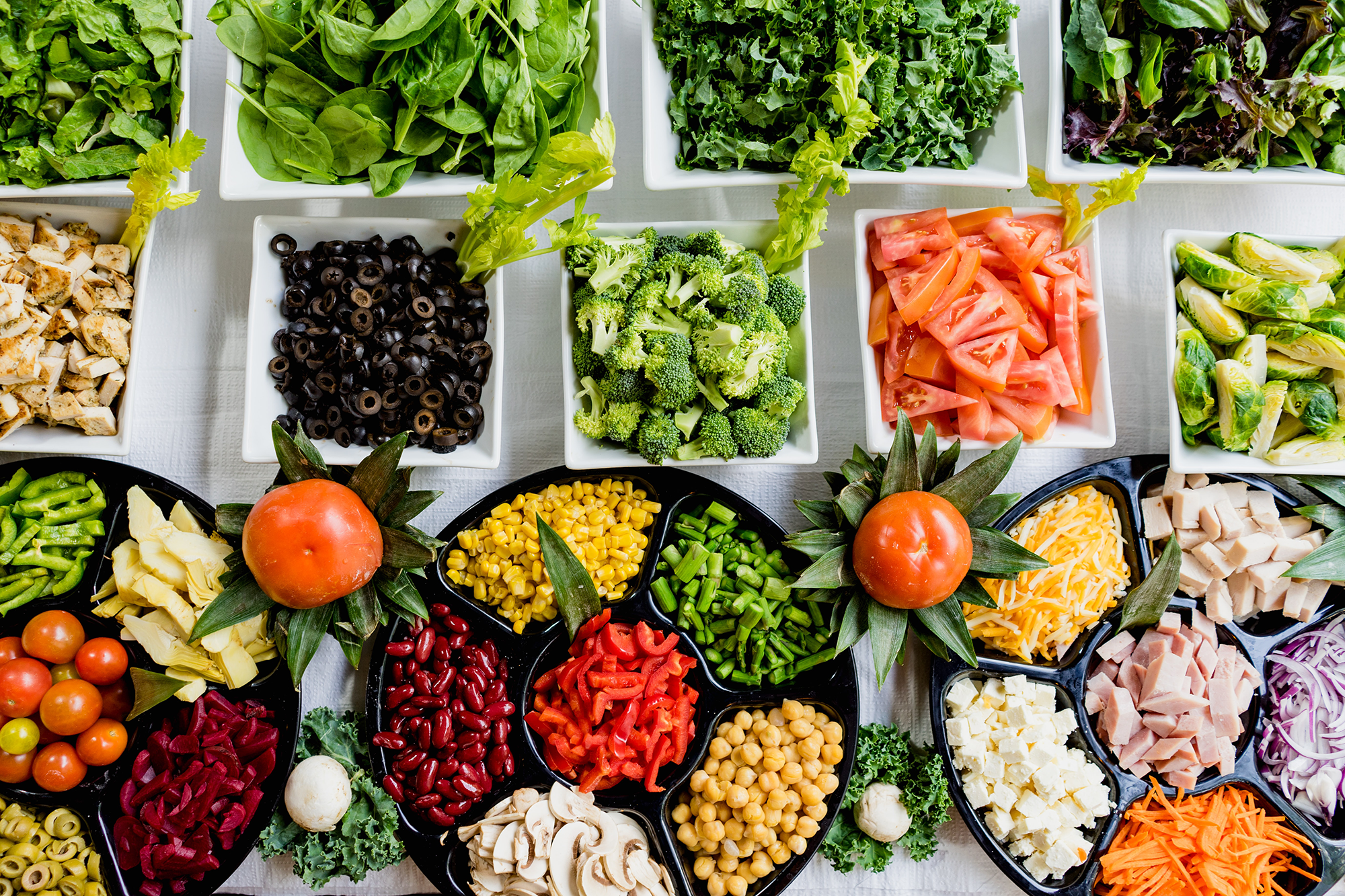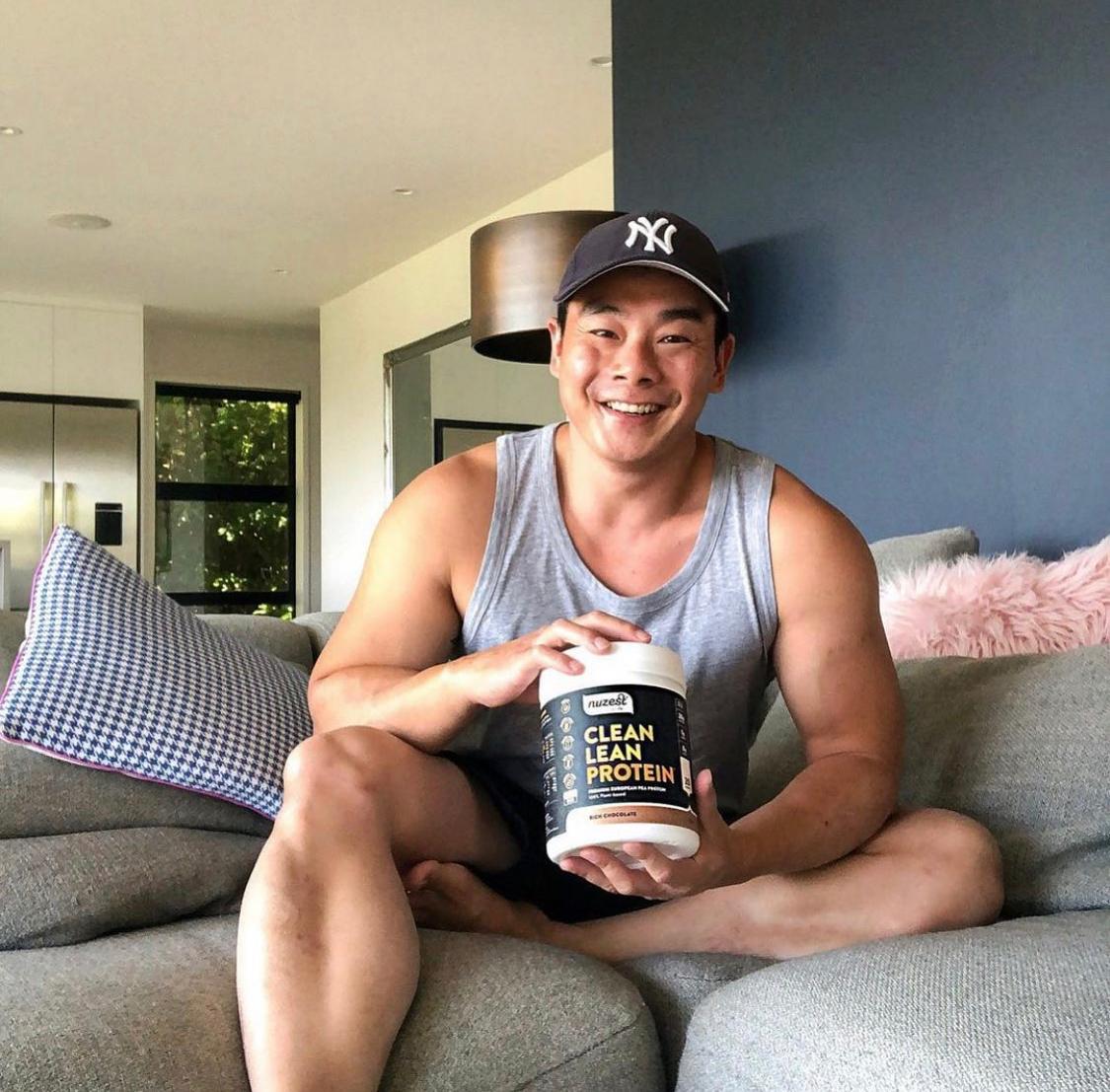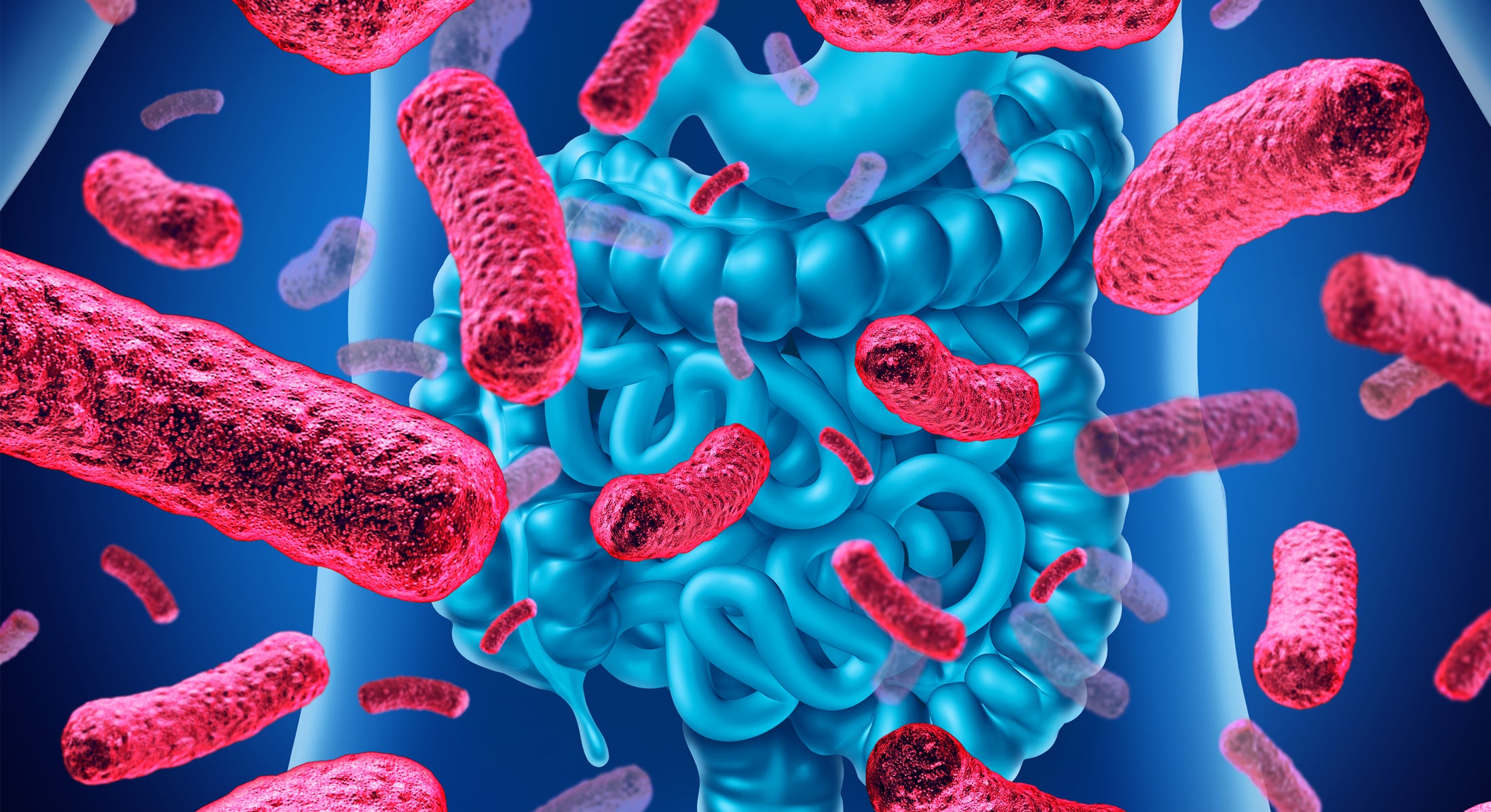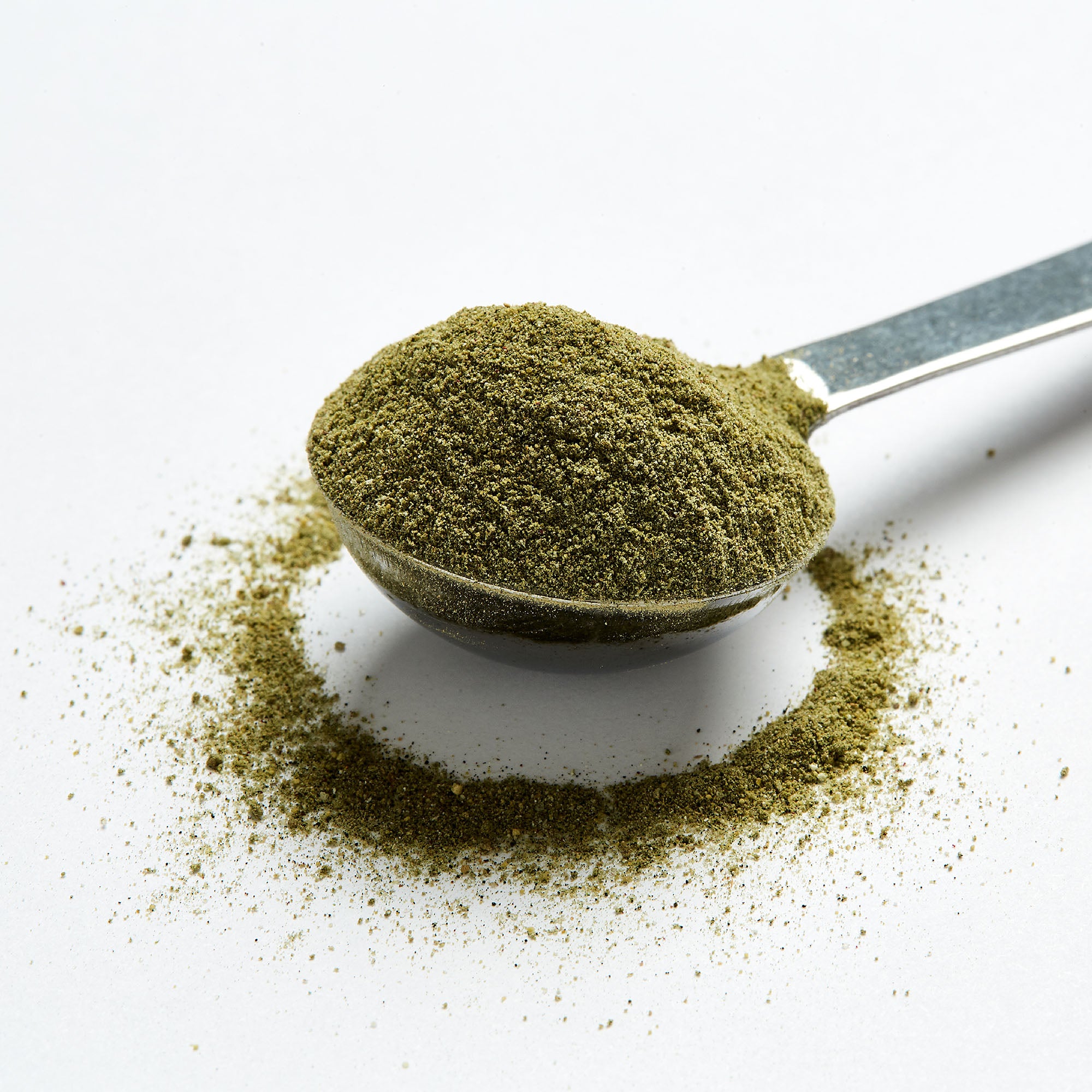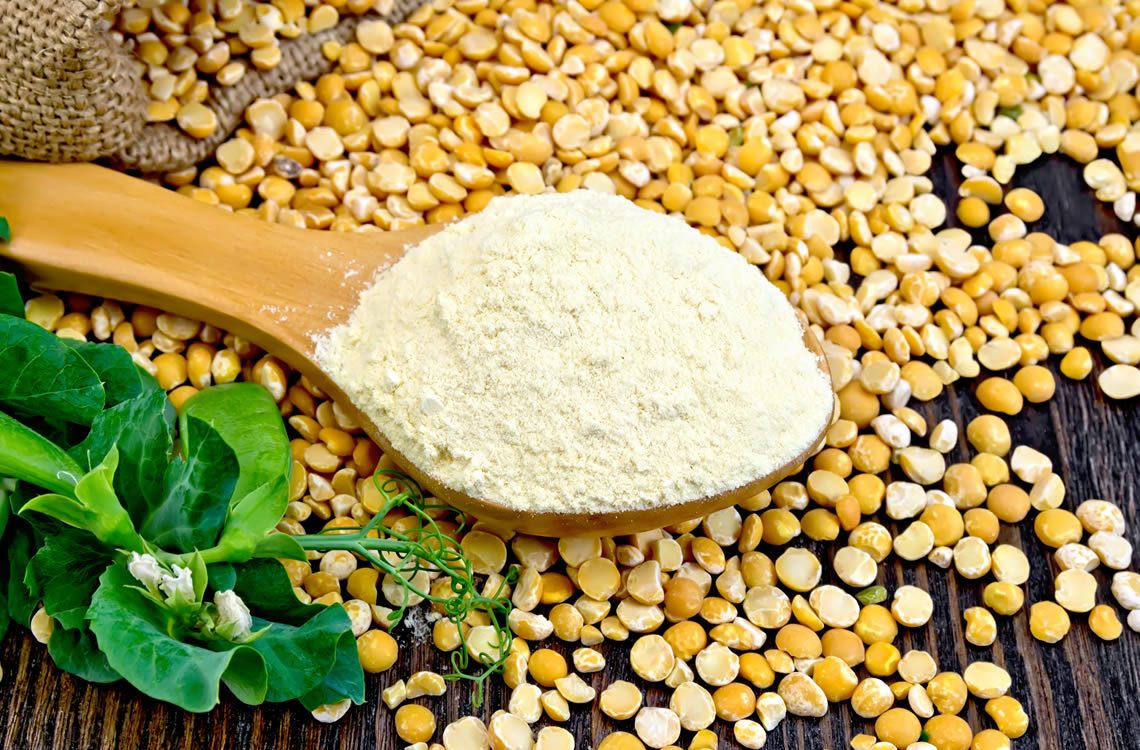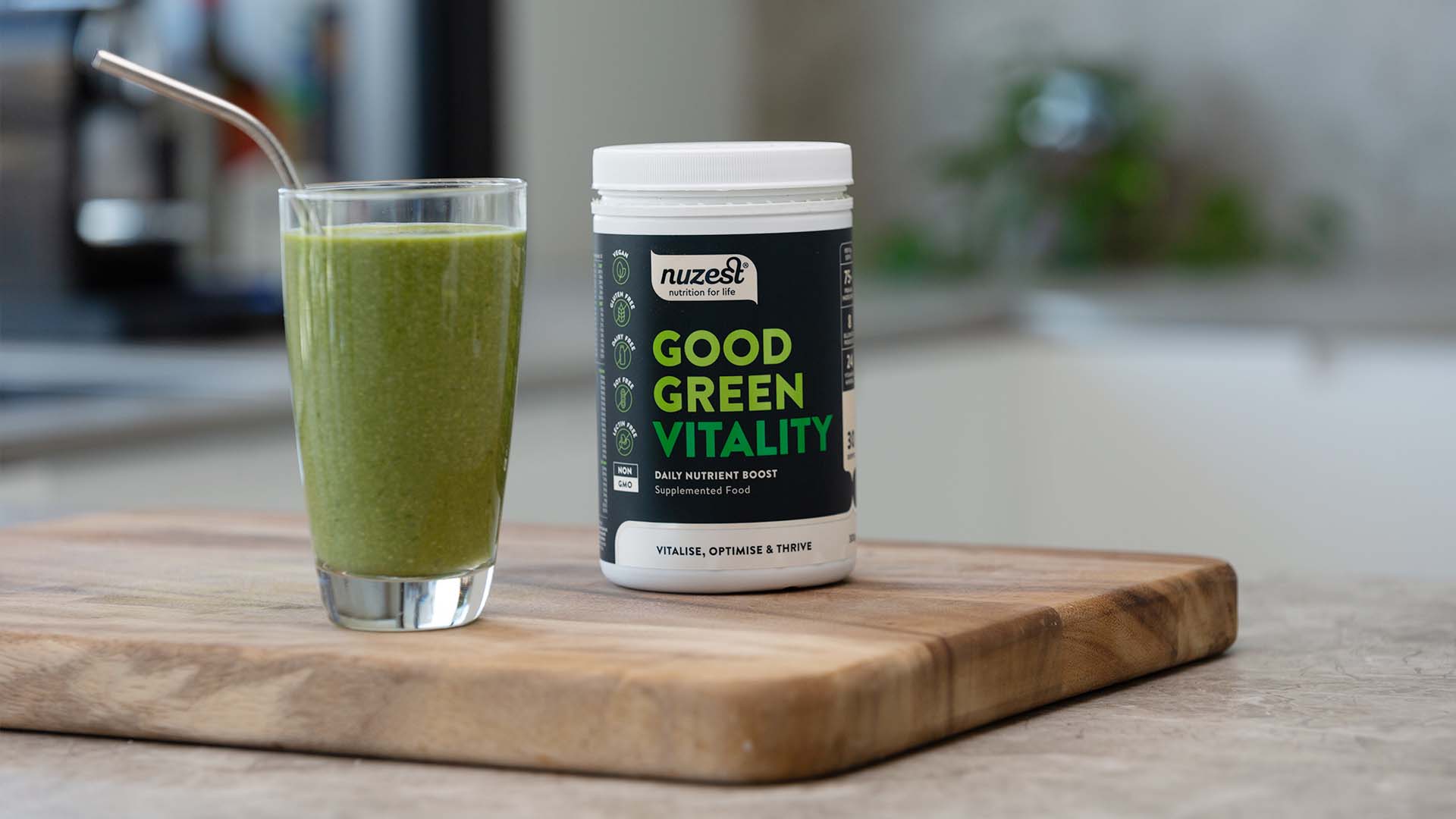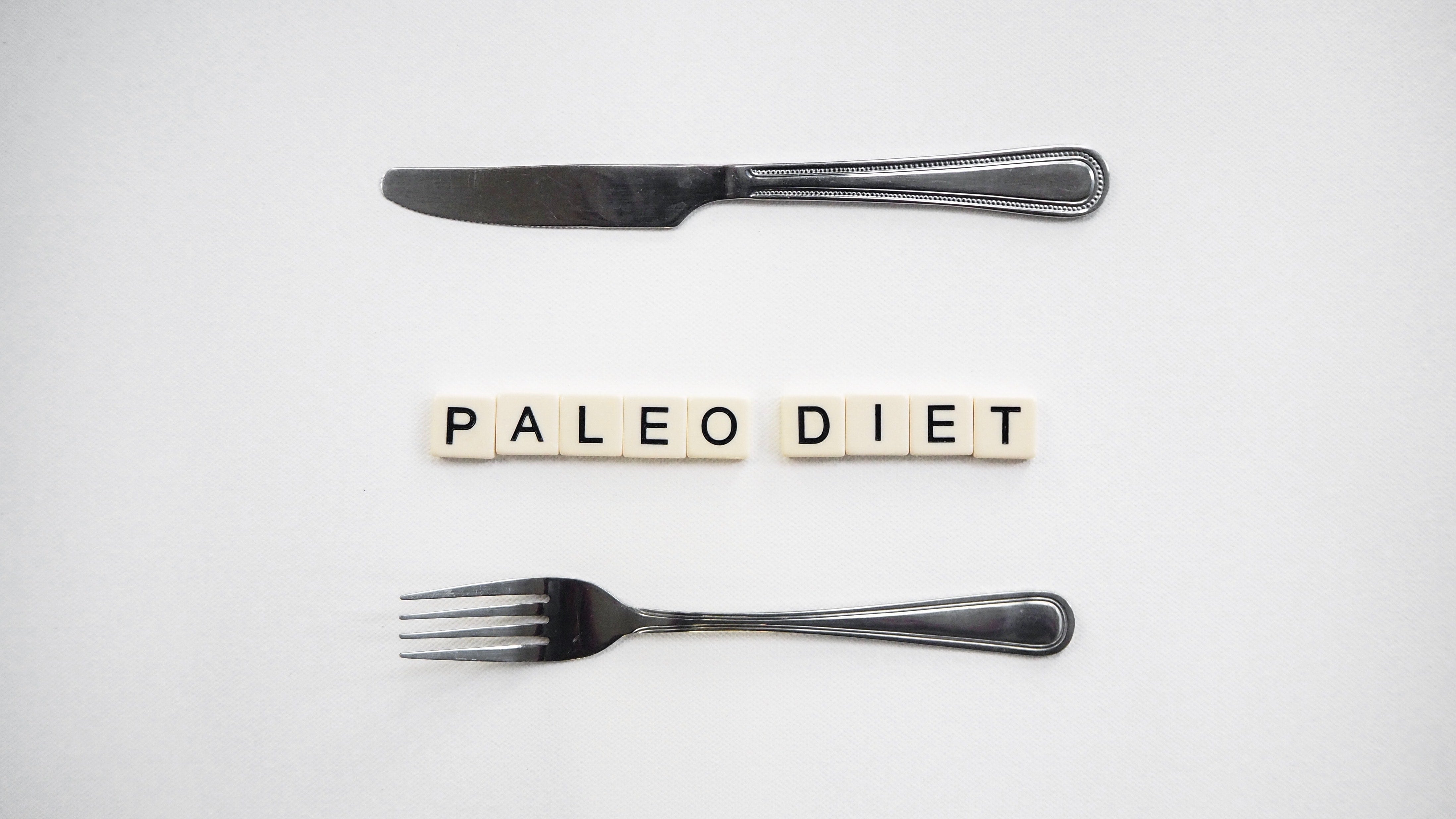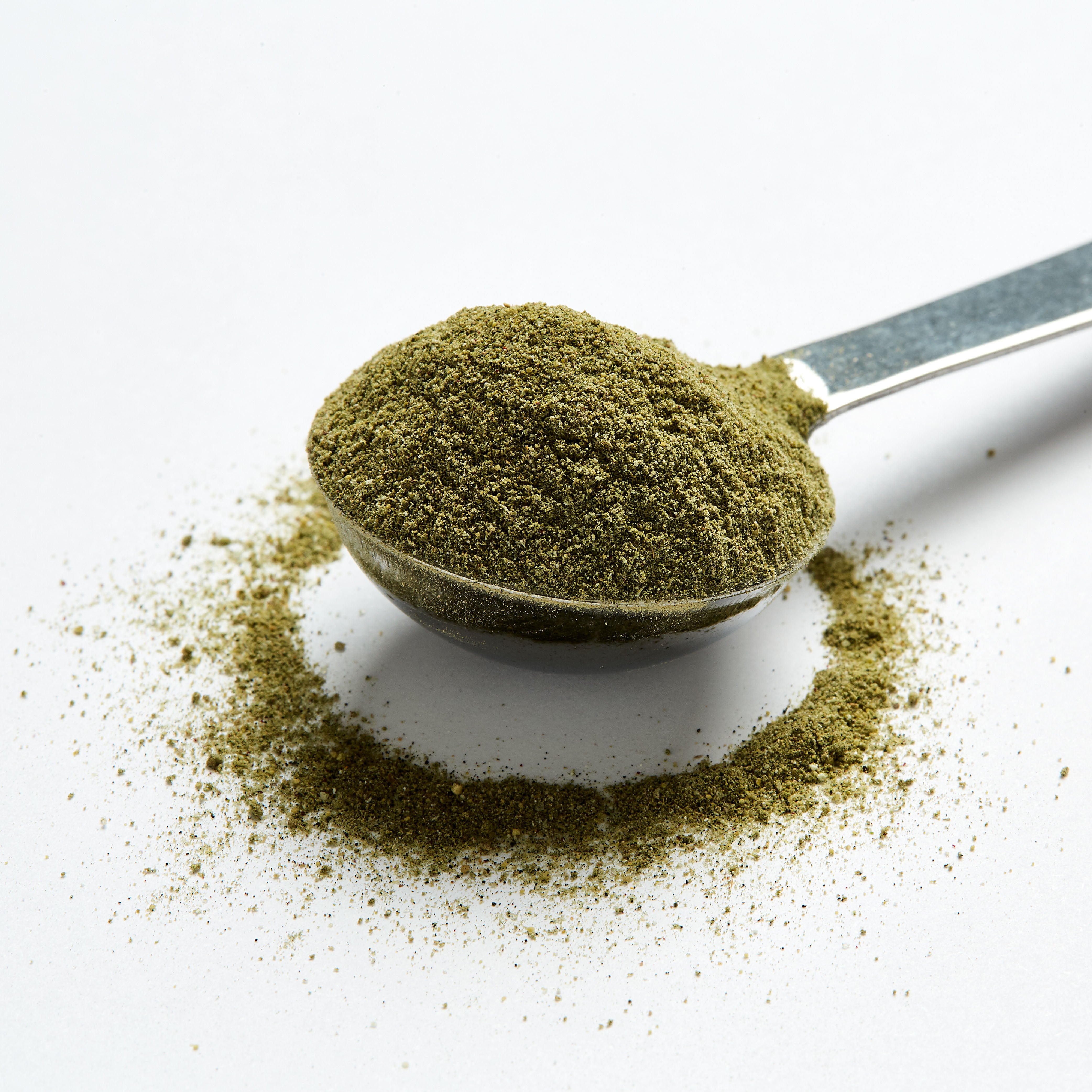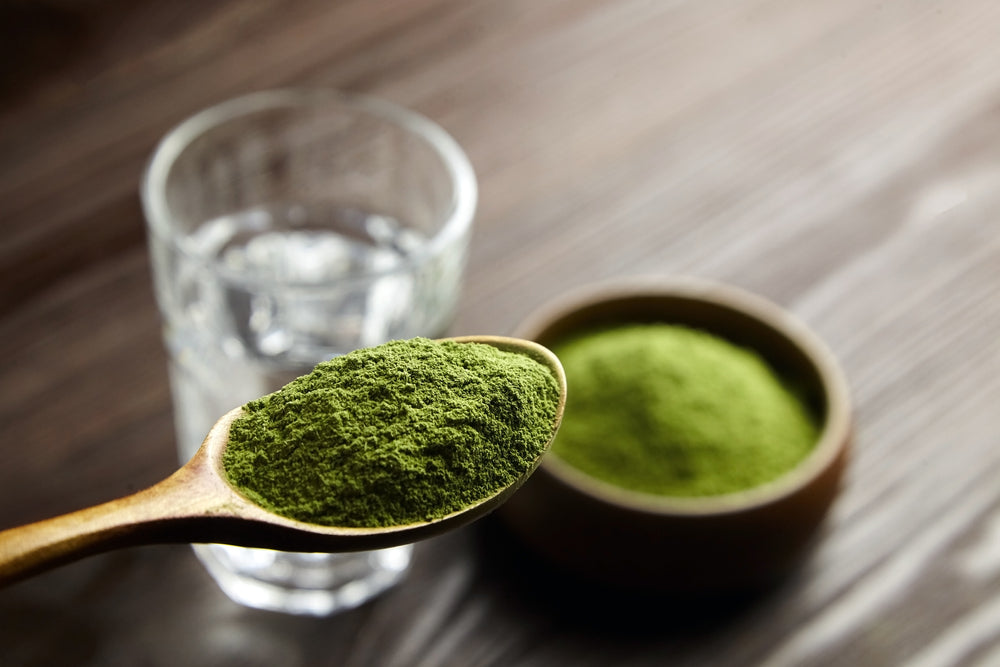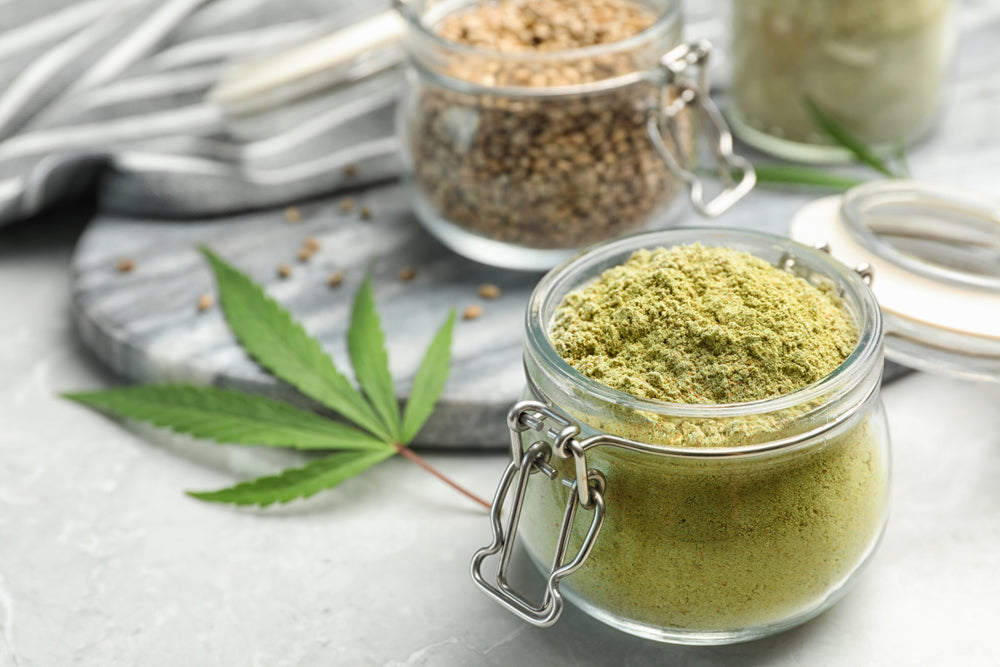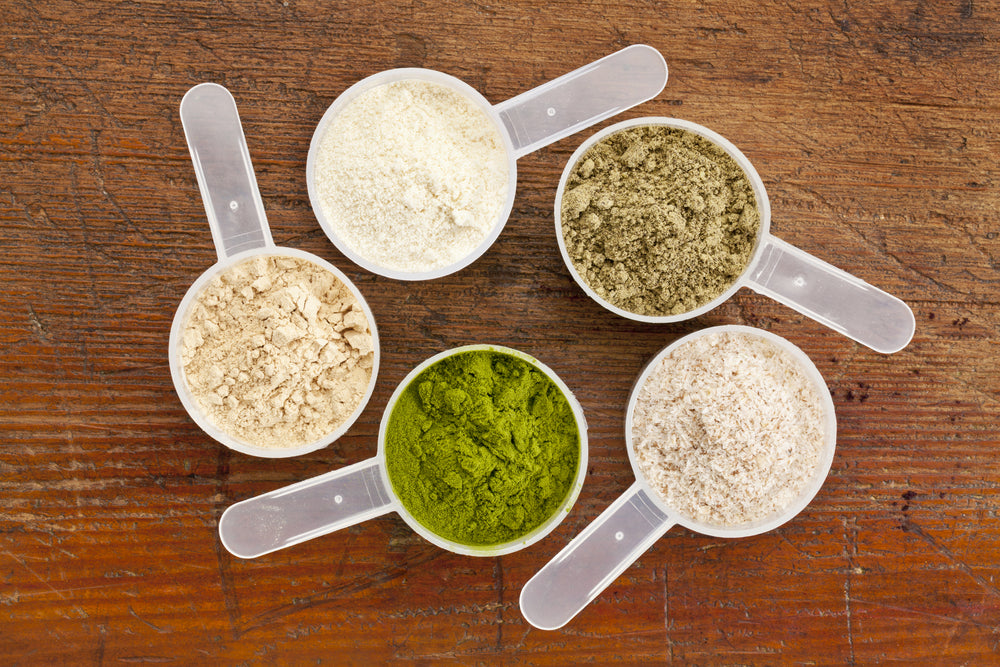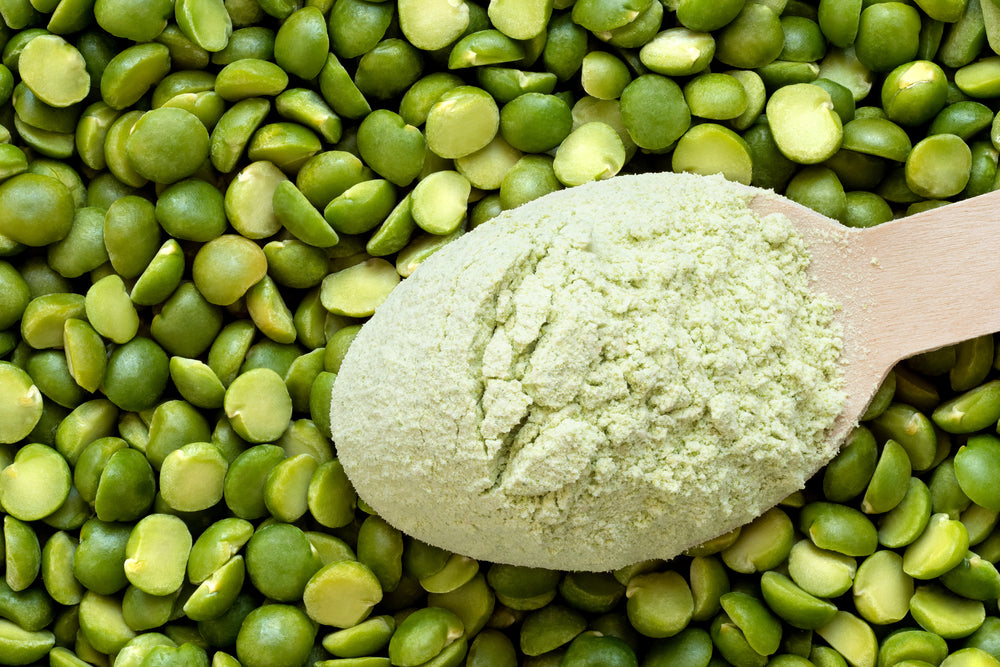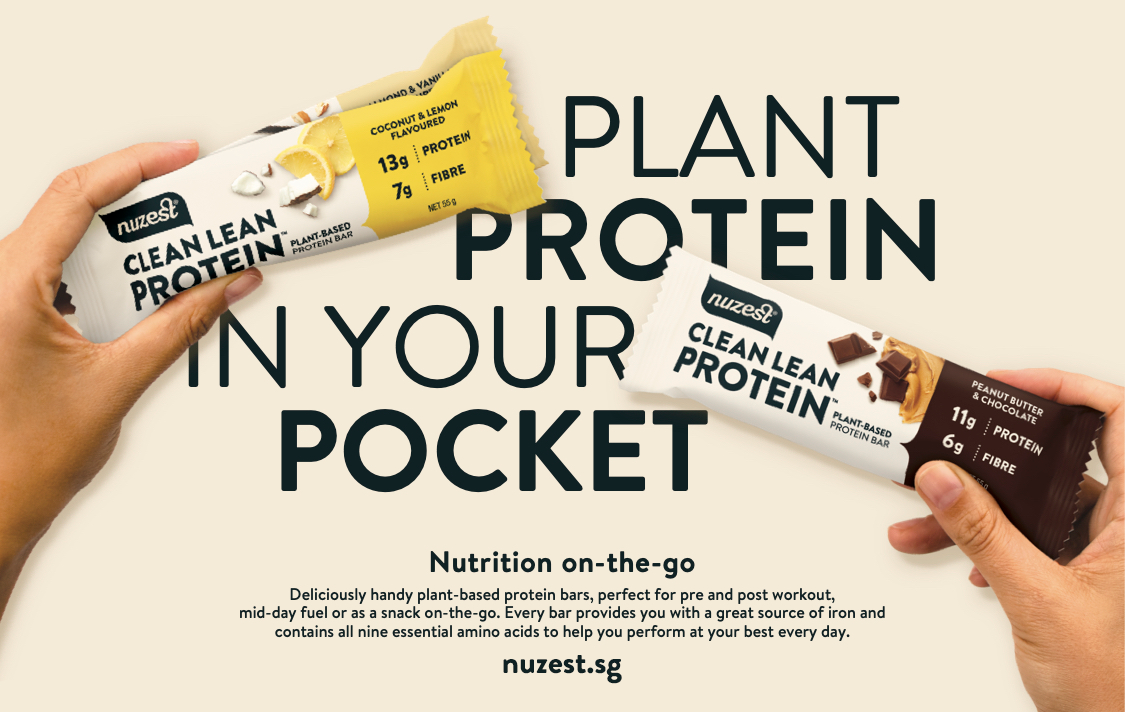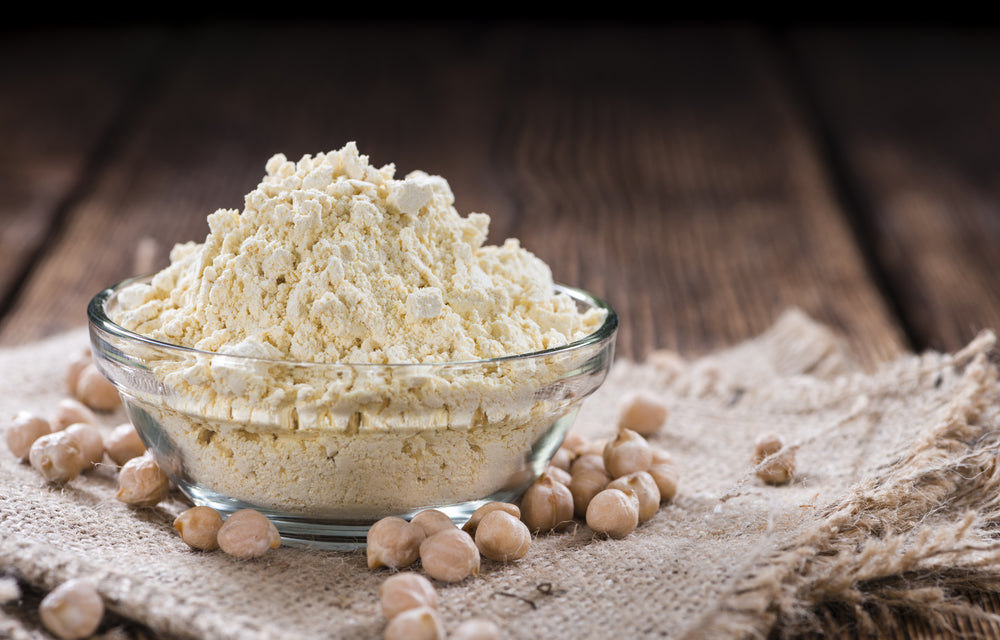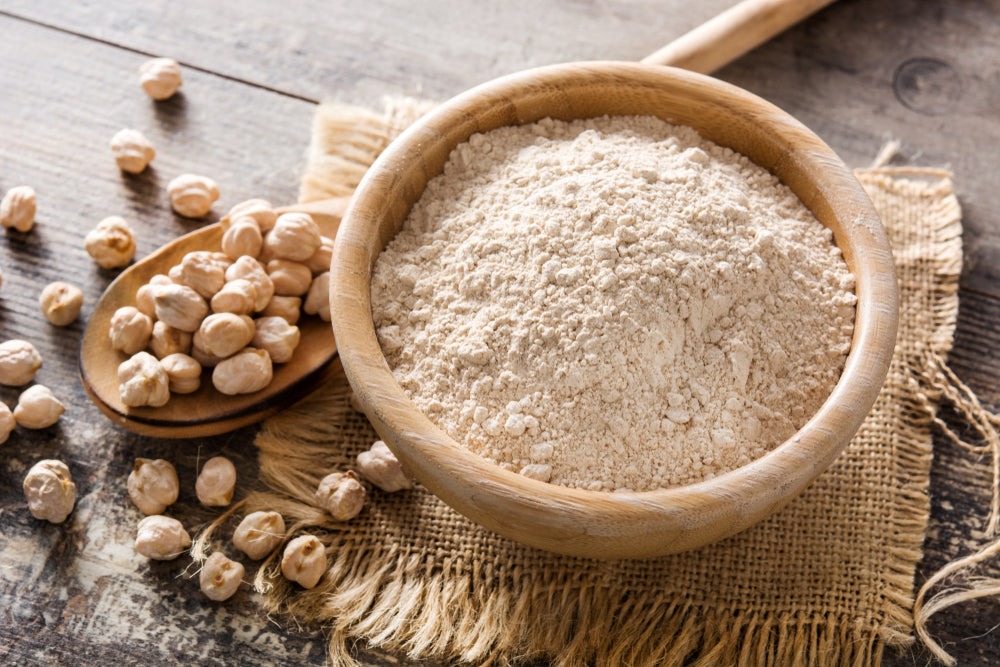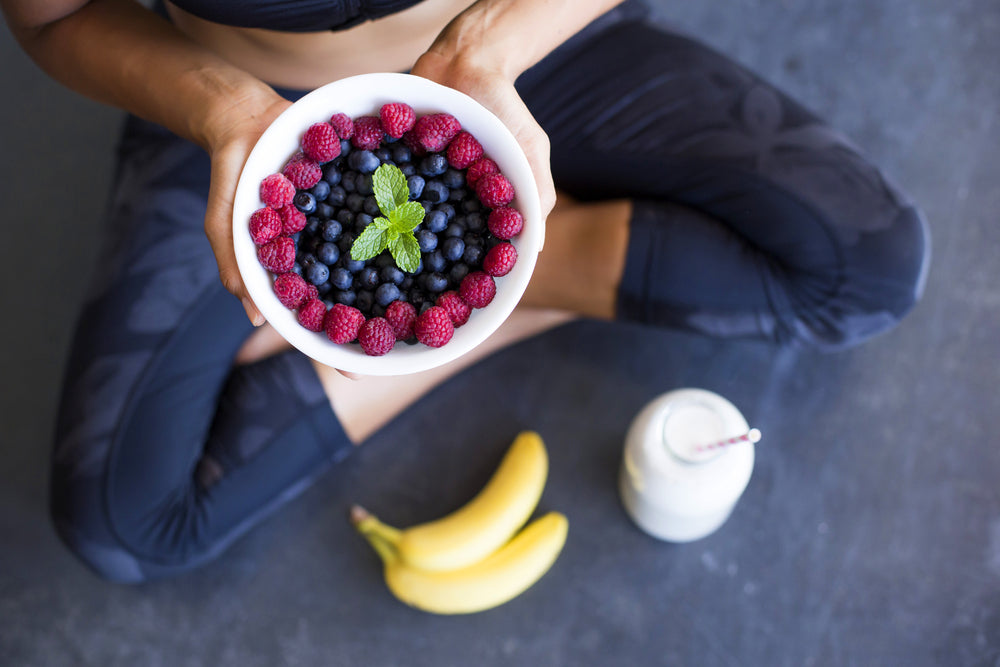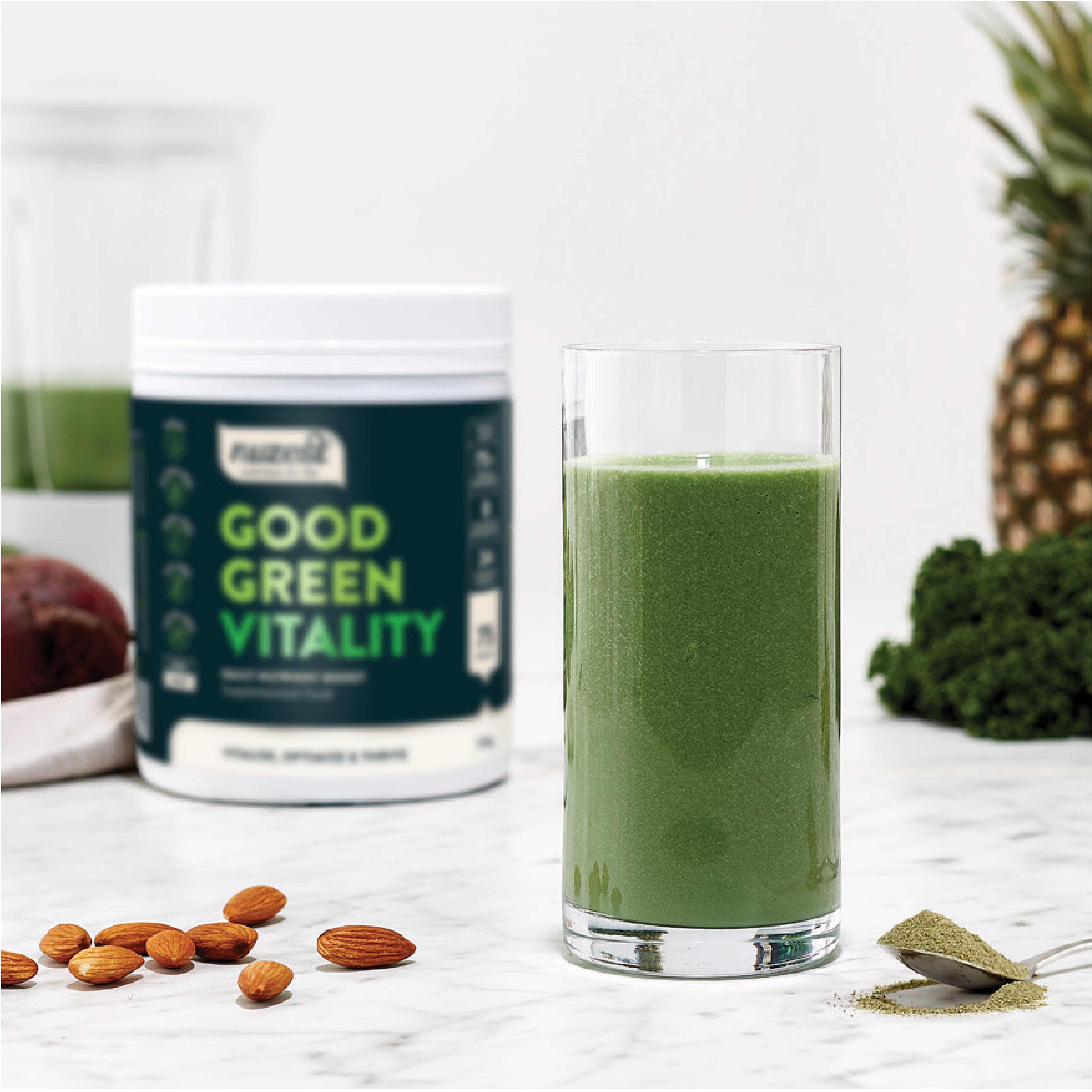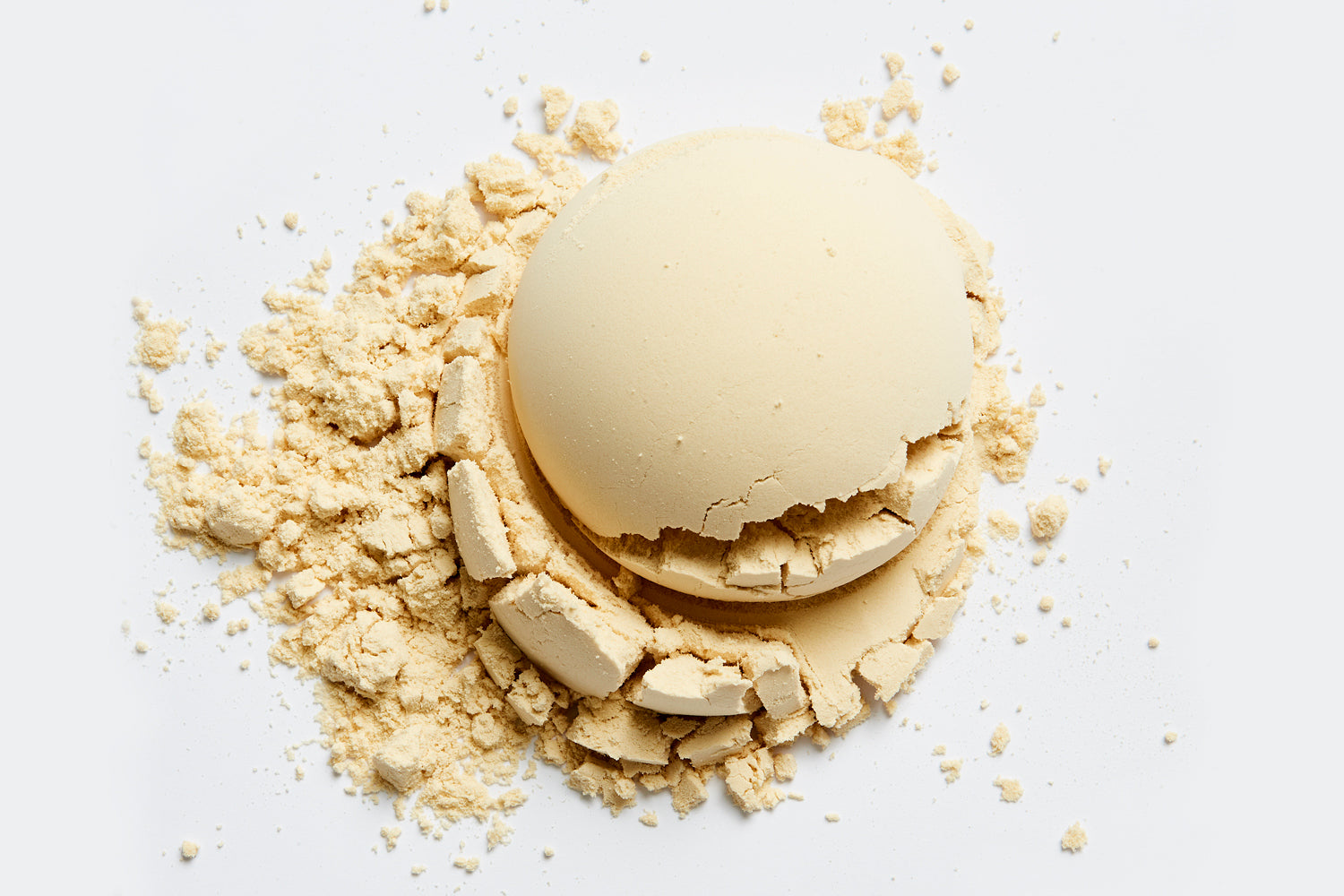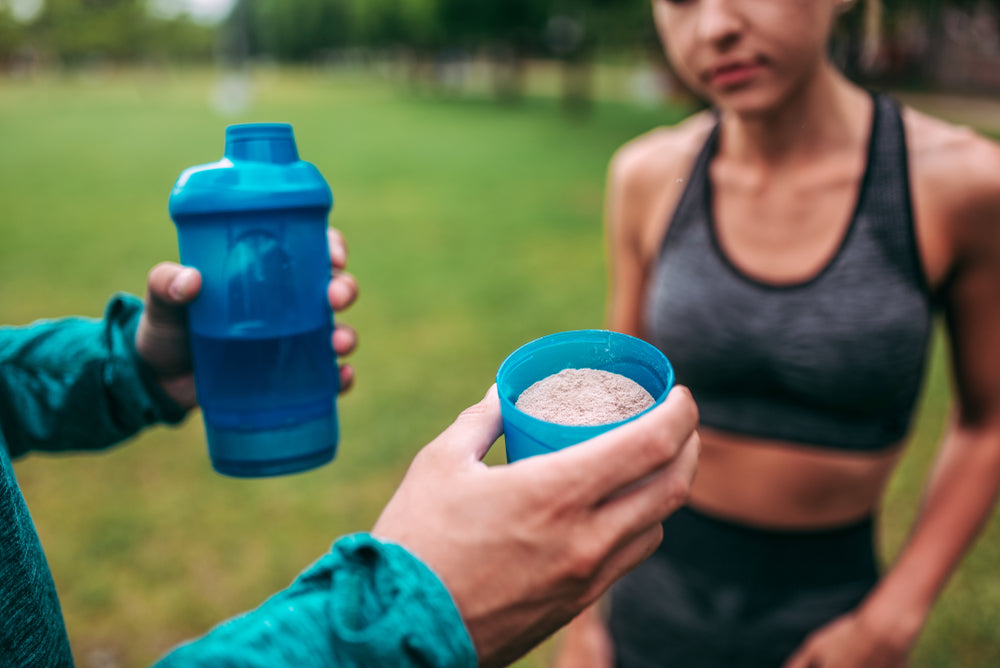Without a complete range of vitamins, minerals and secondary antioxidant nutrients we are unlikely to be able to sufficiently encourage optimal immunity and reduce oxidative damage.
Many of us are actually starving! We are eating enough, (if not more) calories than we need (energy) but not enough 'nutrient dense' foods. To ensure optimal nutrient status, we need to refocus on eating at least 6+ serves of vegetables per day, additional berries (which are high in nutrients while being lower in carbohydrates) and consider taking a nutrient-dense supplement. Highly nutrient dense supplements can help reduce oxidative damage and improve immunity.
There are specific nutrients that are fundamental in supporting your immune system. We've outlined some of the major ones below. Each of these can be sourced as separate supplements but remember that your primary source of nutrients should be from real food so look to include foods rich in these nutrients in your diet. Supplementation is your next line of defence; it is 'insurance' to help fill the gaps.
Omega-3 rich fats
The omega fats are considered to act more like vitamins than fats. In other words, they are utilised as the precursors of various immune and inflammatory signalling chemicals in the body and are critical for proper functioning of the immune system!
In the modern world though we eat around 25:1 omega-6 to omega-3 compared to a ratio of 1-2:1 in Palaeolithic times. This increase, which has mainly occurred in the last 150 years due to higher consumption of grains, is detrimental to our health and can distort our immune and inflammatory processes.1
By taking a fish oil or algal supplement high in the omega 3 fats DHA and EPA, prioritising hemp and flax oils, nuts such as walnuts and macadamias, and by reducing the common, higher omega-6 vegetable oils (safflower, sunflower, canola, rice bran, corn) we can help to redress our modern imbalance and have better immune function.
Foods rich in Omega-3 rich fats include: flaxseed oil, fish oil, chia seeds, walnuts, seafood, soybeans, and spinach.
b-carotene
Supplementation of b-carotene was shown to limit suppression of specific pathways that connect the innate and adaptive responses allowing for efficient long term immunity. (1)2 b-carotene is also known as proformed vitamin A and is the most common form in most products, however, to boost absorption and availability make sure you're also getting preformed vitamin A (retinyl palmitate). Proformed vitamin A needs to be converted into retinol before most of its benefits become active whereas the preformed does not.
Foods rich in b-carotene include: sweet potato, carrots, spinach, cos lettuce, butternut pumpkin, cantaloupe, red capsicums.
Nuzest Good Green stuff contains 600 µg per 10g serving, and includes both retinyl palmitate and b-carotene.
Vitamin B6
A deficiency in vitamin B6 impairs the production of specific cells and signalling molecules that are key in long-term immunity against pathogens.3
Foods rich in Vitamin B6 include: sunflower seeds, pistachios, tuna, chicken, pork, prunes, bananas and avocados.
Nuzest Good Green stuff contains 5.0mg per 10g serving.
Vitamin E
A study showed that supplementation of Vitamin E over 4-5 months promoted better long term immunity against pathogens against those that did not supplement. The results also suggested that older people may benefit the most from these effects and thus, vitamin E supplementation.4
Vitamin E is made up of 8 chemicals (4 tocopherols and 4 tocotrienols) but most products will contain only one or two which doesn't have the same benefit as the entire 8 working together. Nuzest Good Green Stuff contains all 8 forms that means the vitamin E on the label is the whole vitamin E.
As the whole bundle, Vitamin E also is a great nutrient for antioxidant activity, that has regenerative qualities, playing an important role in eye function.
Foods rich in Vitamin E include: almonds, spinach, sweet potato, avocado, sunflower seeds, butternut squash, trout, olive oil.
Nuzest Good Green stuff contains 515mg per 10g serve, which is 150% of the RDI for adults aged 19-50yrs in Australia
Selenium
Selenium is a vital mineral that plays a key role in reproduction, and is essential for normal thyroid and immune function. It is involved in making DNA and helps protect cells from oxidative stress. Studies have also shown that those deficient in Selenium have a higher risk of infection and increased severity of symptoms from a variety of viruses.5
Foods rich in Selenium include: brazil nuts, yellowfin tuna, sardines, turkey, eggs, spinach.
Nuzest Good Green stuff contains 35 µg per 10g serving.
Zinc
Zinc is also a commonly used supplement during illness and was shown to limit the severity and duration of the common cold when taken within 24 hours of onset.6 Note that zinc can be toxic if consumed in excess of the upper limit (40mg/day), check with your health practitioner if you plan to take more than this limit.
Zinc is commonly lacking in the diet, and is a critical nutrient for immune function. Taking a regular supportive multi-nutrient that includes zinc may support general health, immunity and winter wellness.
Foods rich in Zinc include: lean beef, spinach, pumpkin and squash seeds, cashews, cocoa powder, chickpeas, white mushrooms.
Nuzest Good Green Stuff contains 12mg per 10g serving.
References
- Simopoulos AP. Omega-6/omega-3 essential fatty acid ratio and chronic diseases. Food reviews international. 2004 Mar 1;20(1):77-90.
- Fuller CJ, Faulkner H, Bendich A, Parker RS, Roe DA. Effect of beta-carotene supplementation on photosuppression of delayed-type hypersensitivity in normal young men. The American journal of clinical nutrition. 1992 Oct 1;56(4):684-90.
- Meydani SN, Ribaya-Mercado JD, Russell RM, Sahyoun N, Morrow FD, Gershoff SN. Vitamin B-6 deficiency impairs interleukin 2 production and lymphocyte proliferation in elderly adults. The American journal of clinical nutrition. 1991 May 1;53(5):1275-80.
- Meydani SN, Meydani M, Blumberg JB, Leka LS, Siber G, Loszewski R, Thompson C, Pedrosa MC, Diamond RD, Stollar BD. Vitamin E supplementation and in vivo immune response in healthy elderly subjects: a randomized controlled trial. Jama. 1997 May 7;277(17):1380-6.
- Calder, Philip C, Yaqoob, Parveen. Diet, Immunity and Inflammation [Internet]. Jordon Hill: Elsevier Science; 2013. [cited 2017 April 4]. Available from: ProQuest Ebook Central
- Hirt M, Nobel S, Barron E. Zinc nasal gel for the treatment of common cold symptoms: a double-blind, placebo-controlled trial. Ear, nose & throat journal. 2000 Oct 1;79(10):778

